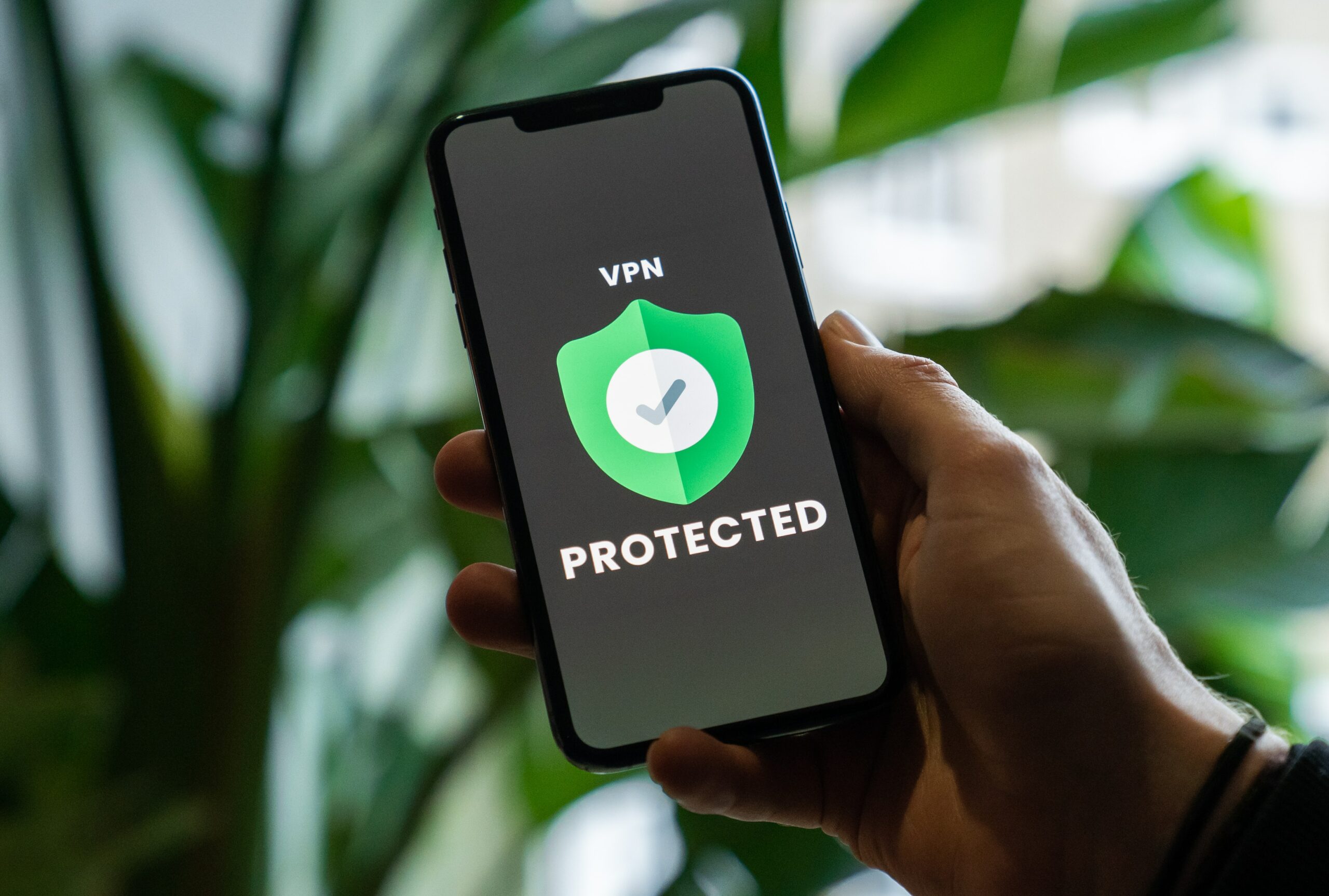
One of the major challenges of remote work is data protection. Employees access company systems from potentially unsecured networks and devices, thereby increasing the risk of data breaches. To address this concern, many companies have had to rethink their data security policies and invest in enhanced protection measures.
Key elements of data security in telecommuting include:
1-VPN and Secure Access: Virtual Private Networks (VPNs) allow employees to securely connect to company resources by encrypting transmitted data. Companies must ensure that their employees use VPNs and follow recommended security protocols.
2-Multi-Factor Authentication (MFA): MFA enhances security by requiring users to provide more than one form of identification to access sensitive systems. This significantly reduces the risk of unauthorized access.
3-Security Training: Employees should be educated on best practices for data security and trained to identify and report potential threats, such as phishing.
4-Mobile Device Management: Companies need to establish policies for managing employees’ mobile devices, including the ability to lock or remotely erase data in case of loss or theft.
5-Data Encryption: Encryption is essential for protecting sensitive data, both in transit and at rest. It ensures that even if intercepted, data remains unintelligible.
6-Clear Security Policies: Companies should define clear security policies and enforce sanctions for violations. Security awareness should be an integral part of the corporate culture.
7-Active Monitoring: Companies should actively monitor network activities to detect any suspicious activity or potential security breaches.
Adhering to these measures ensures that sensitive data remains protected, remote employees remain vigilant, and the company can continue to operate safely.

